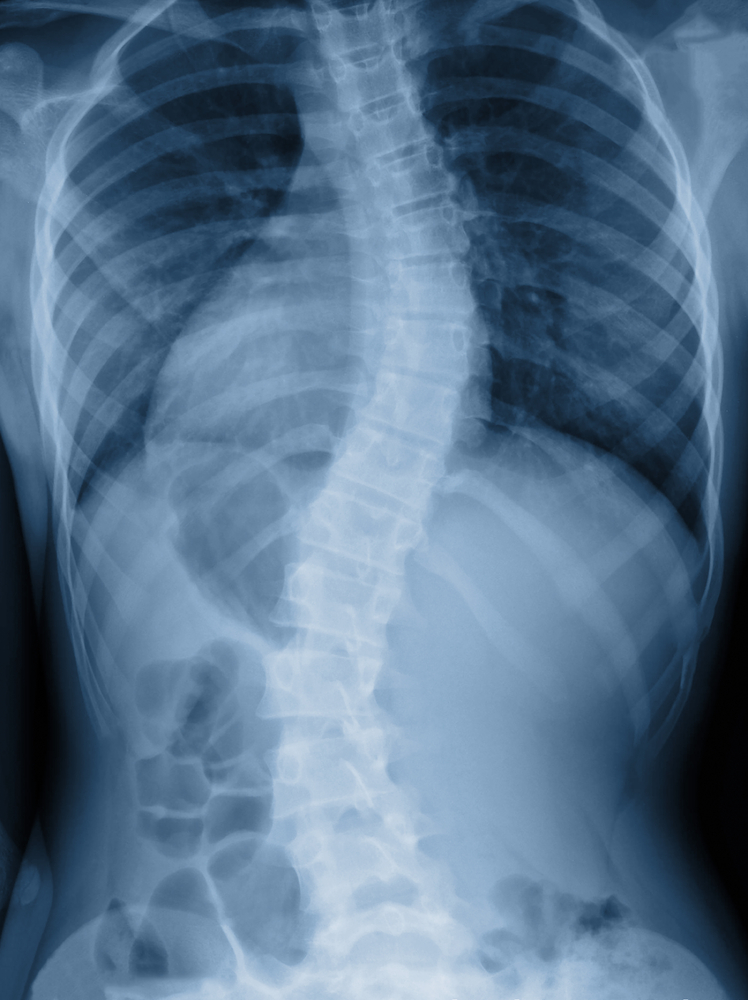Surgery to Correct Spine Deformities in CF Could Produce Good Results with Adequate Care, Case Review Suggests
Written by |

Spine deformities sometimes seen in cystic fibrosis (CF) patients may be adequately corrected with minimal risk through multidisciplinary care during surgery and meticulous surgical techniques, as reported by a case study reviewed in the article “Scoliosis Surgery in Cystic Fibrosis: Surgical Considerations and the Multidisciplinary Approach of a Rare Case.“
Dr. Andy Fall of the Royal Hospital for Sick Children in Edinburgh, Scotland, and his colleagues reviewed all the literature to date regarding spine deformities in patients with cystic fibrosis.
In this study, published in the scientific journal Case Reports in Orthopaedics, they report the case of a 14-year-old girl with cystic fibrosis who had progressive scoliosis, or curvature of the spine, and who underwent surgery at the age of 17.
Before the surgery, the young woman underwent respiratory, cardiac, anesthetic, hormonal, and dietician reviews conducted by a multidisciplinary team of clinicians. Her bone density was optimized with zoledronic acid, a drug that slows down bone resorption, and she was given antibiotics as a preventative measure against infections.
Following an operation that lasted two and a half hours, she was transferred to an intensive care unit. There, she received noninvasive ventilation and chest physiotherapy to help with her respiration, antibiotics against post surgery infections, drugs to ease her pain, pancreatic enzyme supplementation, and nutritional support. She was discharged from the hospital on day 9.
When her condition was reviewed in a follow-up assessment, clinicians reported that she had stable respiratory function and no complaints on her back. The surgery also had a good cosmetic outcome.
This case supports the notion that a thorough assessment conducted by a multidisciplinary team of specialists before surgery can reduce the risks associated with surgery. Also, a satisfactory correction of deformities of the spine as well as a good functional outcome can be achieved in patients with cystic fibrosis.
Cystic fibrosis patients can sometimes have complications associated with muscle and bones including curvature of the spine and low bone mineral density, especially in late stages of the condition. Although these complications are usually mild, in some rare cases, the curvature of the spine may negatively affect lung function and cause pain. These patients may require surgery to correct the spinal deformity, but this option is usually not preferred because of the high risks associated with surgery.






